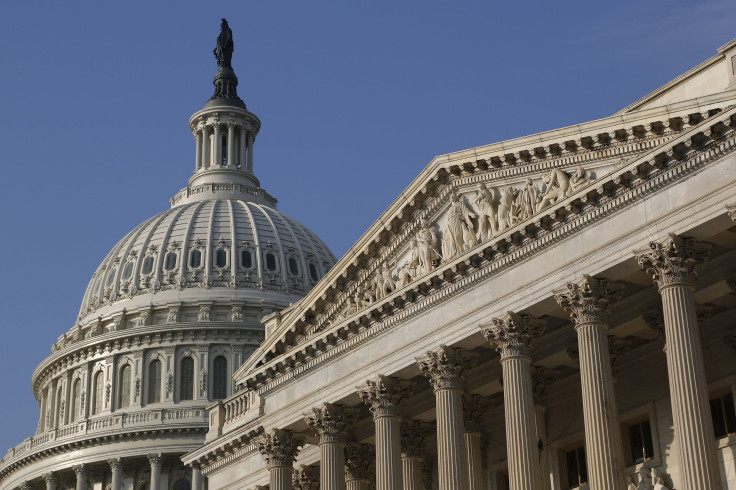Too Much Money Corrupting Politics? Business Leaders Come Together To Fight Citizens United Case

KEY POINTS
- Citizens United celebrated its 10th anniversary last month and has withstood efforts to overturn it
- The soft money the landmark decision unleashed has changed the course of elections and some say it threatens democracy itself
- Business for American Promise is calling for a constitutional amendment to negate the decision
Attention to the role of soft money on elections is expected to gain traction as President Trump pads an already massive war chest and Democratic donors focus on one candidate now that a once-overcrowded field has been winnowed. With the November election approaching, some are questioning the wisdom of unlimited donations from hazy sources and the influence those dollars have on democracy.
The anticipated windfall also restarts debate on the landmark Supreme Court case, Citizens United v. Federal Election Commission, which turned 10 years old on Jan. 21. The 5-4 ruling immediately drew intense scrutiny. It allows allow unions, corporations and nonprofits to allocate funds from their general treasuries to finance independent election spending and essentially overwhelm elections with unregulated cash.
Since the ruling, efforts to overturn it have failed despite overwhelming support from the public. A Bloomberg Politics national poll in September 2015 showed that 78% of respondents wanted Citizens United overturned compared to 17% who thought it was a good decision. Recent polls show the public continues to support overturning the decision.
Critics claimed it would unleash a wave of campaign spending that would undermine democracy by allowing wealthy donors to influence politicians through super PACs and secret contributions. The financial figures have been staggering as independent expenditures jumped from $203.9 million in 2010 to $1.48 billion in 2016.
Now, more than 100 business leaders are fighting back.
A recent letter from the Business for American Promise to International Business Times cited "110 business leaders across 16 states calling for a Constitutional Amendment to overturn" the Citizens United case. The signees include Philadelphia Phillies part-owner William Buck, Salesforce’s Peter Schwartz, Ben Cohen from Ben & Jerry’s and VP of Wells Fargo Advisors Judy Nagel.
"As business leaders and citizens with a wide variety of political interests and affiliations, we are convinced that the current dysfunction of our political system is not self-correcting; systemic change is required to restore the health of our civic institutions and the integrity of our government," the letter reads. "We have come together out of a deep personal commitment to representative democracy and a shared concern for our country, compelled to add our voices to those of millions of Americans across the political spectrum who agree that action is needed.
The letter provides notes from signers about why they oppose the 2009 case.
"The significant corporate dollars now flowing into political campaigns erode transparency and fairness and are incongruent with the U.S. maintaining its leadership role in the global economy. We urgently need to overturn Citizens United before its damage becomes irreversible," said Matthew W. Patsky, CEO and Portfolio Manager of Trillium Asset Management.
Business for American Purpose describes itself as "the largest national organization of business leaders fighting for a campaign finance amendment" to the Constitution.
Overturning Citizens United remains a tall and improbable order. The Constitution requires a two-thirds vote from both the House and Senate, along with ratification by three-fourths of state legislatures.
© Copyright IBTimes 2025. All rights reserved.






















